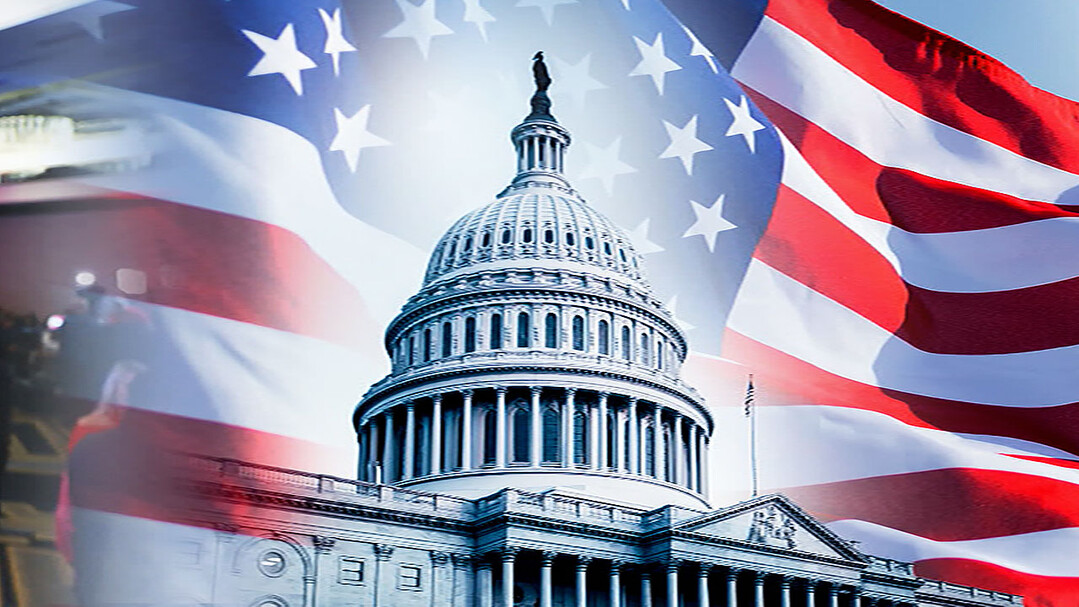
The conflict surrounding former President Donald Trump in the American political landscape is intensifying and is expected to be a core variable that will persist in the future. According to analyses from current political prediction sites, there is a high probability that a divided Congress will form after next year's midterm elections, with the Democrats taking the majority in the House of Representatives and the Republicans in the Senate. In this scenario, it is highly likely that impeachment proceedings against President Donald Trump will be re-initiated in the Democrat-led House starting from January 2027. However, the prevailing prediction is that, as in the past, the impeachment bill will be defeated in the Senate, where Republicans will hold the majority.
The Politicization of Impeachment and Trump's Growth into a 'Political Giant'
For Trump's opponents, this situation could present a second chance to compensate for the shortcomings of previous impeachment attempts. However, the criticism that the Democrats politicized the impeachment process in 2019 by appointing a highly biased figure like Representative Adam Schiff as the leader remains valid.
Meanwhile, according to former Vice President Kamala Harris's memoir, the Democratic leadership branded Trump as an 'extreme and provocative adversary' and sought to leverage this. This strategy is interpreted as an attempt to justify radical policies that the American public might not ordinarily accept, such as easing border controls or pushing for the re-election of the elderly former President Joe Biden. However, this is now largely assessed as a significant strategic blunder by the Democrats.
The extraordinary 2016 incident where the New York Times published an article urging the media to adopt an 'adversarial stance' toward the Republican candidate symbolizes the attitude of the mainstream media. As the major media outlets repeatedly engaged in excessive criticism and even false reporting, a counterproductive effect occurred: the American public instead felt sympathy for the President Donald Trump and strengthened their support. This provided the catalyst for Trump to grow into a 'political giant.'
Overt Autocracy and the Media's 'Abnormal' Framework
It is clear that President Donald Trump, during his term, expanded or abused presidential authority. Imposing trade tariffs autocratically or attempting to suppress critical media are prime examples. However, unlike former President Richard Nixon, Trump did not conceal these actions. He maintained a unique political style of publicly disclosing all actions, even those involving potential conflicts of interest with family businesses or foreign governments. This approach simultaneously exposed him to criticism and legal issues.
Recently, President Donald Trump has engaged in inappropriate behavior, such as publicly demanding the Justice Department prosecute his political rivals via social media. However, analysts suggest that this mainly serves to provoke the media with exaggerated messages or spread internet 'memes,' and is unlikely to translate into actual action. Conversely, the Biden administration faced criticism when it was revealed that they used the media in 2022 to preemptively inform and pressure Democratic politicians about their intent to prosecute Trump.
Today, the American media frequently frames Trump's actions as 'abnormal,' often raising unsubstantiated claims like 'Russian collusion' or 'Fascism.' The political clash between the Democrats, who will control the House after Trump's term ends, and Trump himself, is inevitable. For American politics to find a path to recovery, the Democrats must prioritize looking inward at their own problems and restoring national dignity, rather than solely blaming the actions of their opponents.
[Copyright (c) Global Economic Times. All Rights Reserved.]




























